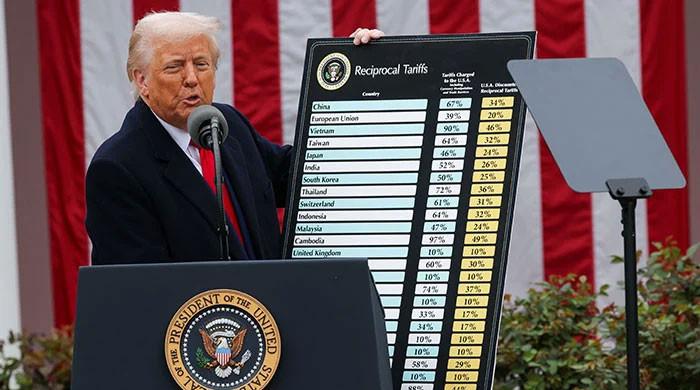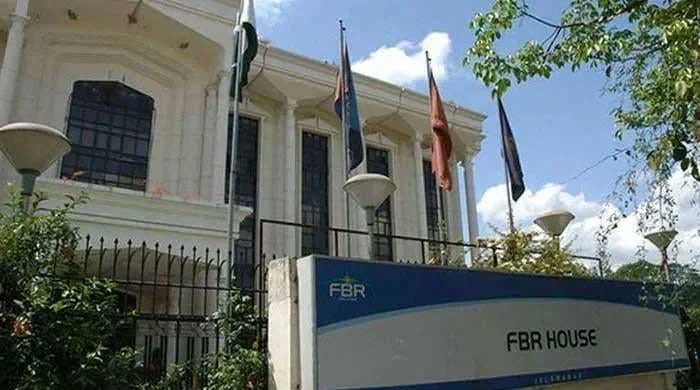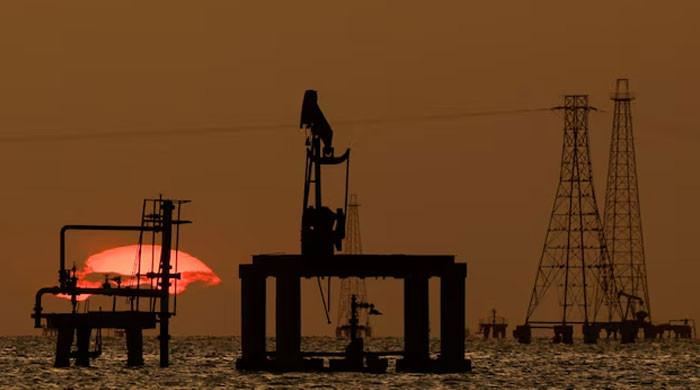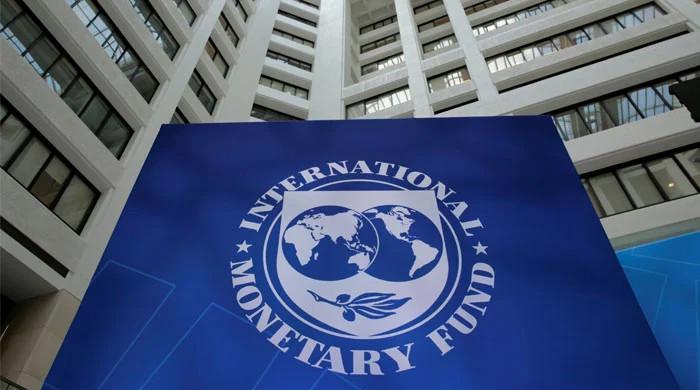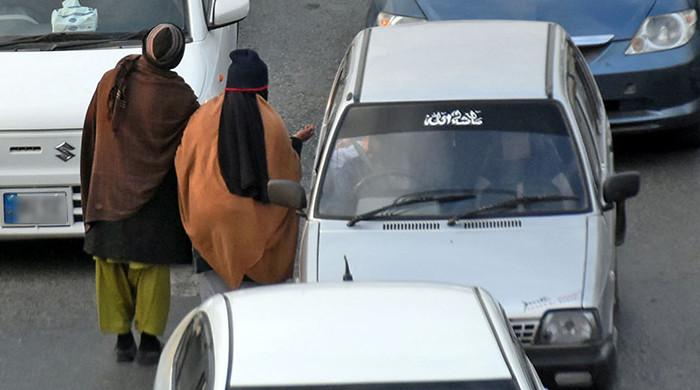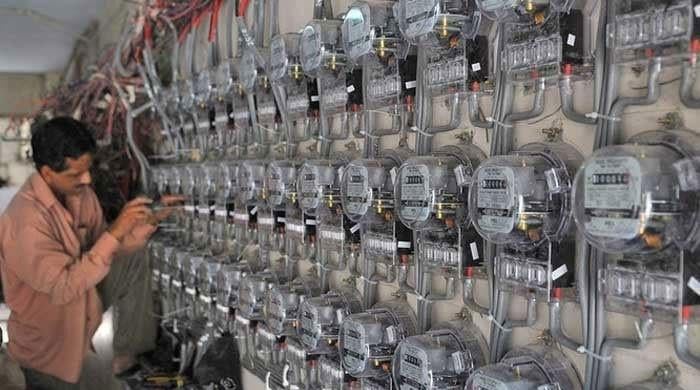Israel-Hamas conflict damaging regional economies, warns IMF chief
The economic implications of this conflict extend beyond the immediate war zone
October 25, 2023
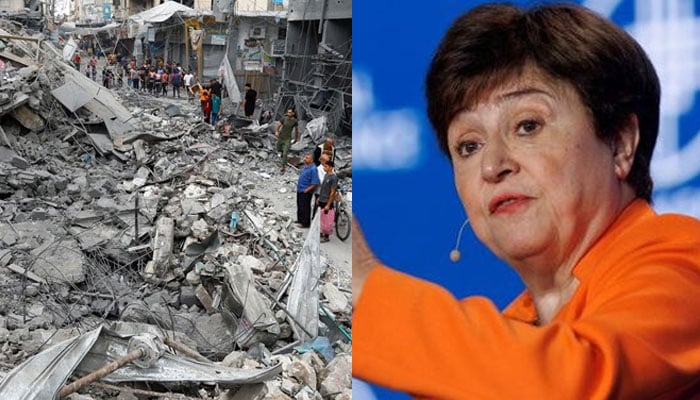
The ongoing conflict between Israel and Hamas is not only causing human suffering but also taking a toll on regional economies, Managing Director of the International Monetary Fund (IMF), Kristalina Georgieva said Wednesday.
Speaking at the Future Investment Initiative (FII) in Riyadh, Saudi Arabia, Georgieva highlighted the economic repercussions that neighbouring countries of Israel are experiencing, particularly those reliant on tourism, such as Egypt, Lebanon, and Jordan.
The conflict erupted when Hamas, a Palestinian group, launched a surprise attack on Israel on October 7, resulting in casualties and the taking of hostages.
Israel responded with a sustained campaign of air strikes and a comprehensive land, sea, and air blockade on Gaza. The Hamas-run health ministry in Gaza reported that the war has claimed the lives of 6,546 Palestinians.
The economic implications of this conflict extend beyond the immediate war zone. Wall Street experts have warned that the ongoing hostilities could negatively impact the global economy, particularly if other countries become embroiled in the crisis. Georgieva expressed her concerns about the economic challenges faced by countries in the region.
Uncertainty and insecurity are detrimental to countries dependent on tourism, and investors may become cautious about the region. This caution extends to the cost of insurance for goods transportation, which could rise due to heightened risks. Furthermore, the influx of refugees into countries already accommodating displaced populations poses additional economic challenges.
The Future Investment Initiative (FII), often called "Davos in the Desert," has historically been a platform for Saudi Arabia to showcase its domestic economic reforms and regional stability. Saudi Arabia had recently taken steps to improve relations with Iran and Syria, sought a lasting ceasefire in Yemen, and was in discussions regarding recognising Israel before the conflict erupted on October 7.
While Saudi officials have indicated that the normalisation of ties with Israel may be paused for now, regional stability remains a top priority. Saudi Finance Minister Mohammed al-Jadaan emphasised the importance of preserving the de-escalation efforts that were underway before the outbreak of hostilities.
Bahrain's Finance Minister, Shaikh Salman bin Khalifa Al Khalifa, who recognised Israel as part of the US-brokered Abraham Accords in 2020, advocated for regional integration. He stressed that past ethnic and religious divisions should not hinder future cooperation.
Jared Kushner, a former White House advisor and key figure behind the Abraham Accords, suggested that the attack by Hamas was intended to disrupt the normalisation of relations.
The Abraham Accords, which aimed to establish diplomatic ties between Israel and several Arab nations, have been viewed as a potential threat by those opposed to such diplomatic progress.
Despite the ongoing regional turmoil, many at the FII remain optimistic about Saudi Arabia's resilience. As the world's largest oil exporter, Saudi Arabia is well-positioned to withstand shocks and finance its Vision 2030 agenda.
This ambitious plan, spearheaded by Crown Prince Mohammed bin Salman, seeks to diversify the Saudi economy by promoting tourism, business, and mega-projects such as NEOM, a futuristic city with a $500 billion price tag.
While the region grapples with the ramifications of the Israel-Hamas conflict, Saudi Arabia aims to press ahead with its economic transformation, offering opportunities for companies and investors from around the world in the Middle East's largest economy and construction market.
In conclusion, the Israel-Hamas conflict is not only a humanitarian crisis but also has far-reaching economic consequences for neighbouring countries and the broader region, impacting tourism, investment, and political stability. The situation remains complex, and efforts to restore peace and stability are crucial for the well-being of both people and economies in the Middle East.





